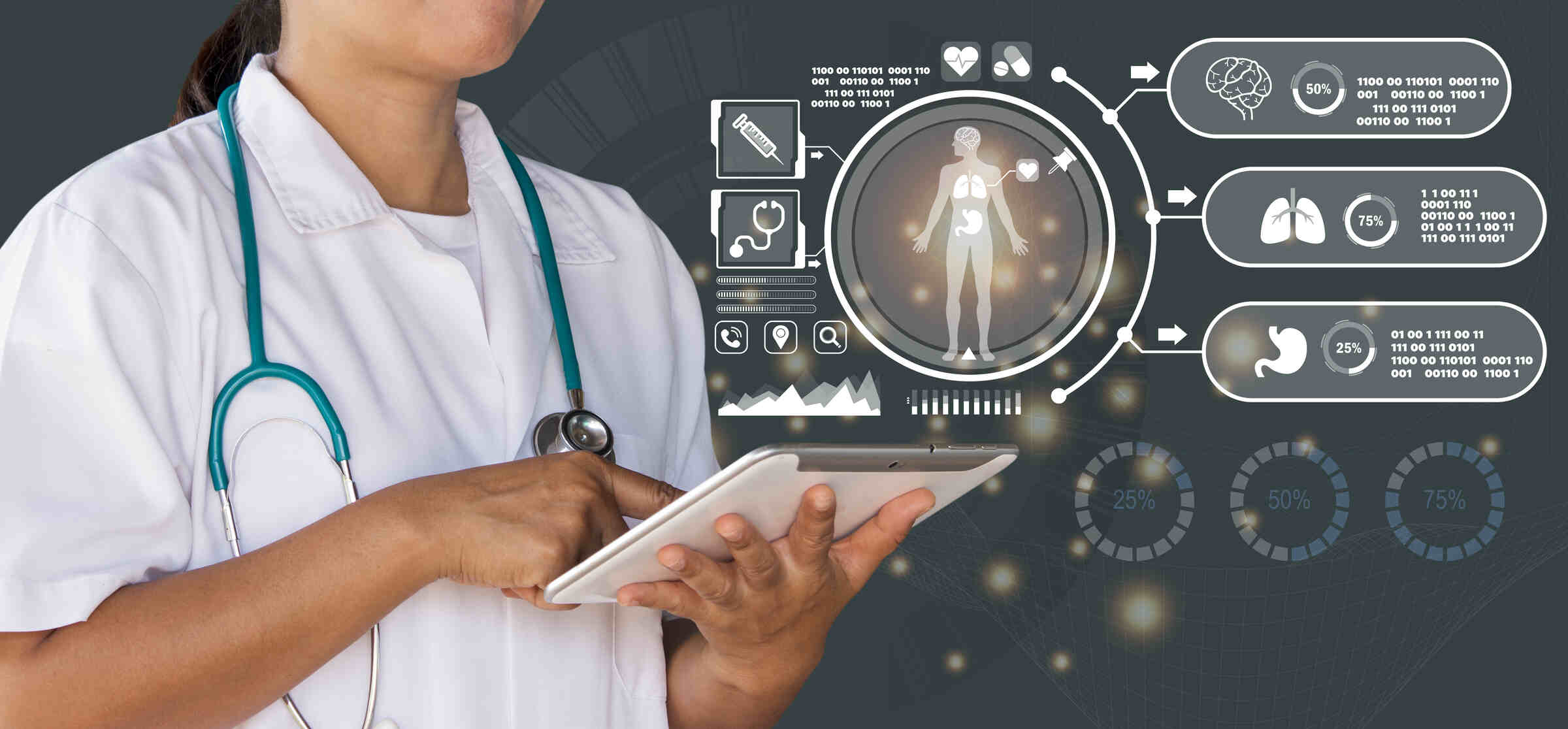Introduction
In recent years, the healthcare industry has been experiencing a significant shift toward digitization and technological advancement. As healthcare organizations strive to improve patient care, enhance operational efficiency, and optimize resource utilization, digital transformation has emerged as a critical enabler. Effective application management is a crucial aspect of this transformation, which is pivotal in supporting healthcare organizations’ journey toward a more tech-savvy and patient-centric ecosystem.
This blog will explore how Application Management Services (AMS) can successfully empower healthcare organizations to navigate their digital transformation journey.
Streamlining Operations and Enhancing Efficiency
Digital transformation in healthcare involves integrating cutting-edge technology, data analytics, and streamlined processes to optimize healthcare delivery. Effective application management ensures that all healthcare software and systems function seamlessly, promoting efficient and consistent operations.
With the right AMS partner, healthcare organizations can deploy, monitor, and maintain their applications efficiently, leading to improved workflow management, reduced downtime, and enhanced overall efficiency.
A well-structured AMS strategy enables healthcare professionals to focus on patient care instead of addressing IT-related issues. This boosts staff morale and enhances the quality of healthcare services delivered to patients.
Data Management and Security
Healthcare organizations deal with vast amounts of sensitive patient data regularly. From electronic health records (EHRs) to medical imaging, proper data management and security are critical components of the digital transformation process. AMS helps healthcare providers maintain patient information confidentiality, integrity, and availability through robust data security measures and regular backups.
Furthermore, application management ensures compliance with stringent data protection regulations, such as the Health Insurance Portability and Accountability Act (HIPAA) in the United States. Compliance with such laws is vital to protect patient privacy and avoid potential legal repercussions.
Facilitating Seamless Integration and Interoperability
A significant challenge in healthcare digital transformation is the integration and interoperability of various applications and systems. Many healthcare organizations operate multiple software platforms that often need to communicate more effectively with each other. This need for interoperability to ensure critical information flow leads to inefficiencies and potential patient safety risks.
Application Management Services can bridge these gaps by facilitating seamless integration among software systems. AMS providers can design, implement, and manage interfaces that enable smooth data exchange, allowing healthcare professionals to access patient information promptly and make well-informed decisions.
Improving Patient Engagement and Experience
In the digital age, patient expectations have evolved, demanding more personalized and convenient healthcare services. Application management can significantly enhance patient engagement and experience by enabling healthcare organizations to offer user-friendly mobile applications and online portals.
Through AMS, healthcare providers can develop patient-centric applications that allow individuals to schedule appointments, access lab results, and securely communicate with their healthcare providers. This level of accessibility empowers patients to take a more active role in their healthcare journey, leading to better health outcomes and increased patient satisfaction.
Supporting Innovation and Agile Development
Digital transformation is an ongoing process that requires healthcare organizations to be adaptable and open to innovation. Application Management Services can assist in fostering a culture of continuous improvement and agile development. AMS providers can help organizations identify areas for improvement, implement upgrades, and adopt emerging technologies that align with their digital transformation goals.
Conclusion
In conclusion, the role of Application Management Services in supporting healthcare digital transformation cannot be overstated. From streamlining operations and ensuring data security to enhancing patient engagement and fostering innovation, AMS is vital in empowering healthcare organizations to leverage technology effectively.
As healthcare evolves, embracing digital transformation with the proper application management strategy can lead to improved patient care, increased operational efficiency, and a more sustainable and patient-centric healthcare ecosystem.
By partnering with experienced AMS providers, healthcare organizations can embark on a successful digital transformation journey that ensures they stay at the forefront of innovation and deliver high-quality patient care.



